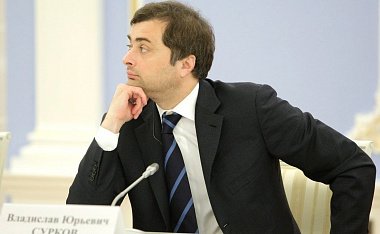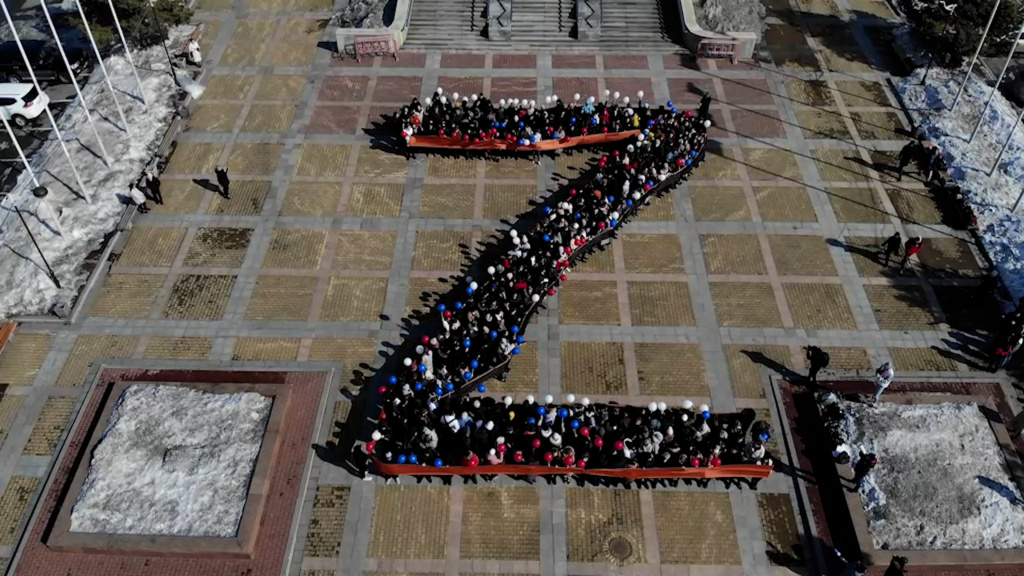
The richer the Russians are, the more they support the war in Ukraine. At least that's a result of a poll by the Russian field sociological agency presented in this RBK infographics. We see a clear correlation between the level of income and the support of the war till victory 

The poorest who don't have enough money to put food on the table, have the lowest level of the war support. Meanwhile the richest, who self report that they can afford whatever they want, overwhelmingly support waging the war in Ukraine till the final victory
I very much recommend to meditate over this poll in order to understand Russia better. First, it's usually useless to ask direct questions. Like "how much do you earn?". You'll get dishonest answers. Much better if you ask, "what can you afford?". You'll get a more frank response
Second, it reflects the social reality of Russia. And the reality is: it's buried under the loan. The poorest, the smaller towns, the countryside are doing the worst. Provincials rely on the "microcredits" taken under the insane interest rates. The upper limit is 1% *per day* 

You can get indications of mass poverty in a town judging on the number of микрокредиты advertisements. It means:
1. People are doing like really bad. Otherwise they wouldn't literally sell themselves to the debt slavery
2. They have no access to the better financial instruments
1. People are doing like really bad. Otherwise they wouldn't literally sell themselves to the debt slavery
2. They have no access to the better financial instruments

It's quite common that you have no realistic chance of escaping the microloans trap. Some choose death. Reportedly, Ural factories have a slangish expression for a workplace suicide: "выйти из кредитов". Like if you jump into a furnace, you "get out of the loans"
A workplace suicide can play a role of a social safety net. If the family doesn't ask too much and agrees to a reasonable contribution of let's say 300-400 000 rubles, they'll surely get it. Some of the workplace suicides are scheduled, so the compensation fund doesn't dry out
That's why managers don't advertise their "public spending" to their own workers. It's quite common that an industrial company maintains an Olympic level ice skate palace, while paying the best of its workers up to 50 000 rubles maximum. They'll keep quite about the palace
Why would managers pay for the gargantuan sport facilities when their workers schedule suicides to escape the microloan trap? Well, the management of a plant has no connection at all with their workers. They're almost always professional managers sent from Moscow
While 50 000 rubles a months is viewed as a great salary for a worker, a million dollars a year salary is a very low for a manager. Indeed, a manager gonna have another expense level. He doesn't live in Yekaterinburg or Chelyabinsk. He works there Monday to Friday, that's it
Where does a manager live? That's a good question. Most likely he's in the process of gradual relocation. Relocation where? To the core of the world-system of course. If he's not doing that great, his wife and small children live in Moscow. But his adult kids live in Europe ofc
It wouldn't be an exaggeration to say that the bulk of Russian managerial class are in the process of relocation to Europe. Once you can pay for it, you send your kids to a British, French or Swiss public school, then university. That's the first stage of the relocation
When you become more successful, you transfer your wife and minor kids to Europe, too. Of course you'll need to buy there real estate, get proper papers etc. The patriarch of a family will be visiting them wherever he can. But he still has to return into the god-forsaken Urals
You'll understand the disastrous situation of the Russian province, if you consider that it's run by hunter-gatherers. The patriarch of a family, the hunter gatherer may roam the Urals or Siberia. But he doesn't live there. He is only hunting and gathering
That's what a Russian expression "Varyag" means. It means Moscow never ever appoints a local to a truly serious position. It will purposefully appoint an outsider. This outsider will hunt in the region. But he doesn't place his cave there. He places them in Moscow and in Europe
That's true about pretty much every big federal structure, be it the government or the "private" sector (in Russia there're no large scale "private" companies). Gigantic plants of the Urals are run by the hunter gatherers sent from Moscow and in the process of relocation westward
At this point most regional administrations are also run by the hunter gatherers. A dad leads a department in a regional ministry. His wife and small kid live in Moscow where he flies weekly. His adult kid is studying in a posh British university of course. That's very typical
Ok, so hunter gatherers who run most of the Russian province, be it the government or the "private" sector, pump out the money from the said province to send it to Europe. That's understandable. But why do they pay for those obnoxious Ice Skating Palaces? To please Moscow
The province is disenfranchised. It has no agency, no saying, no influence on anything, including on how and by whom it is run. Therefore, the opinion of the locals has zero value. Meanwhile, the opinion of Kremlin is super important, because it allows you to keep your position
Varyags who rule Russian regions or companies act the following way. For the time being they should please Kremlin, because it allows them to keep accumulating resources for the relocation. Once they relocate however, they'll either keep low profile or turn liberal
Once you relocated successfully, there is no reason to actively and openly side with Kremlin anymore. You pleased Kremlin when you depended on Kremlin, but now you don't. So now you should please those around you in order to legitimise your presence in the new motherland
Paradoxically, some of the most vocal opponents of Kremlin in the West are often just the successful hunter gatherers. They earned their cash in Russia and relocated to Europe. The system of incentives changed and their agenda changed accordingly
A rule of thumb. A Russian money bag living in Europe is quite likely to be either a hunter gatherer or a kid of a hunter gatherer. They'll tell whatever those whom they perceive as their new masters want to hear. There are some exceptions like in the tech sector, but not many
The current system in Russia is absolutely rotten. It can't be changed by overthrowing a bad tsar to put a good tsar on his place. To the contrary, it can be improved only by systematically enfranchising the people and allowing them to decide their own fate on a small scale level
All the proposals to reform Russia without radically decentralising it are futile, even if well-intentioned. The political and economic structure of Russia should be scaled down radically so that its population can be enfranchised and liberated from the hunter gatherers
Either democratisation or liberalisation are unimaginable without the decentralisation. I think nobody made this case more succinctly or eloquently than De Tocqueville. End of thread 

• • •
Missing some Tweet in this thread? You can try to
force a refresh














